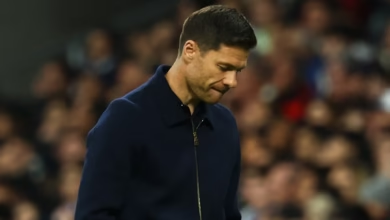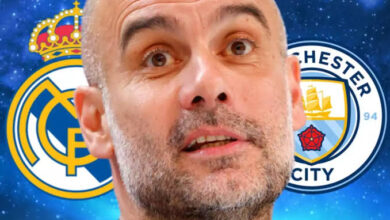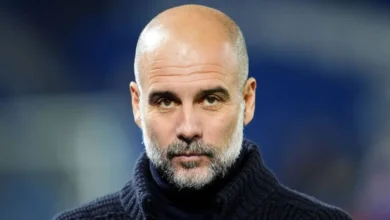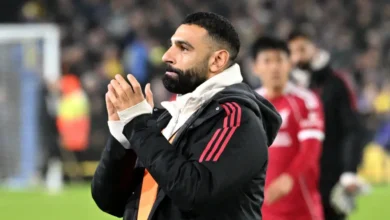Manchester City’s 115 Charges Case: The Long Wait for Justice
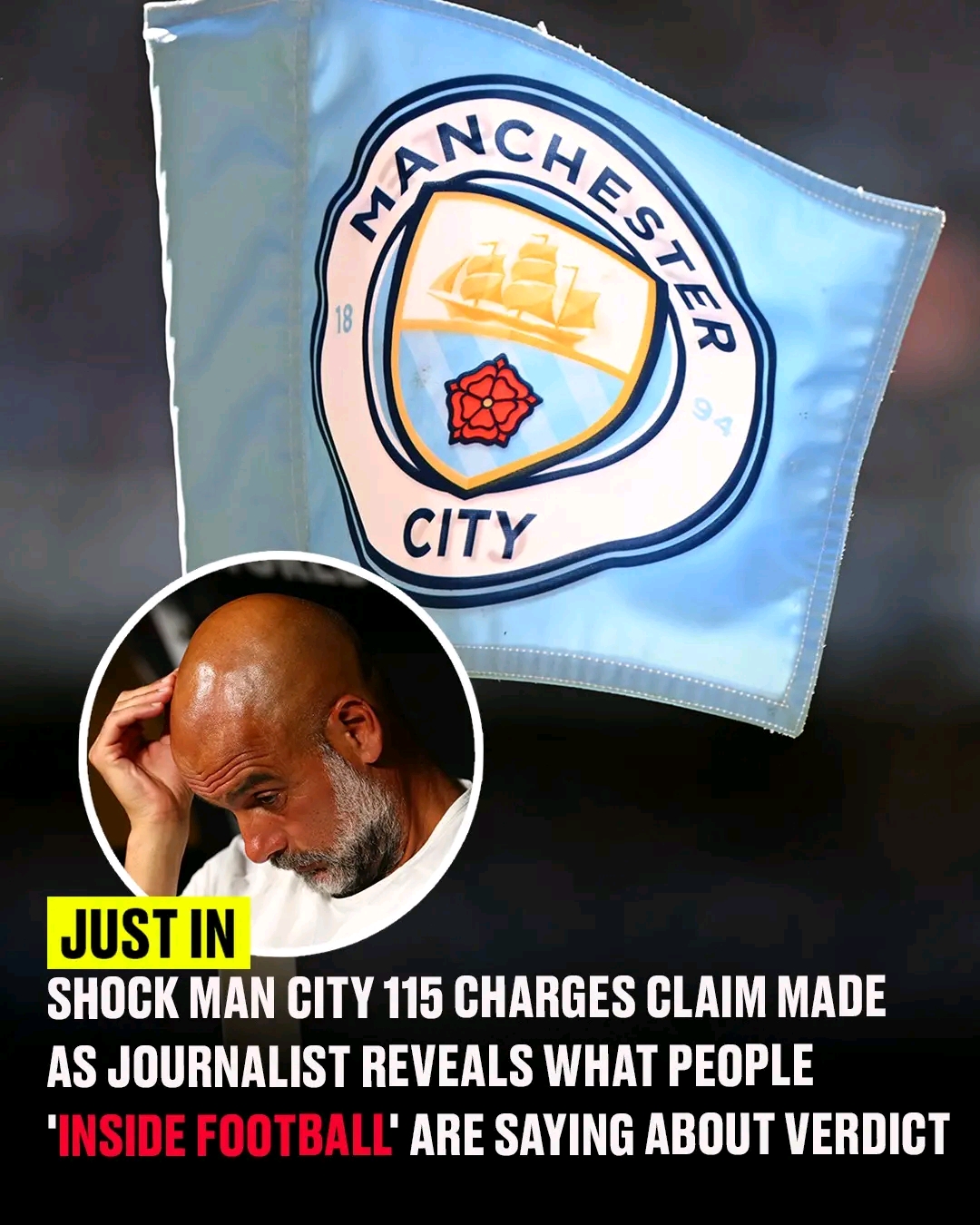
In the shadow of one of football’s most significant legal proceedings, Manchester City continues to conduct business as usual. The club’s latest move—a staggering £1 billion, 10-year sponsorship deal with Puma—has sent ripples through the football world, not merely for its financial magnitude, but for what it potentially reveals about the club’s confidence regarding the outcome of their ongoing 115 charges case.
The deal, announced with the defiant caption “Top of the food chain,” represents more than just another commercial partnership. It signals a club supremely confident in its legal position, willing to commit to decade-long agreements worth astronomical sums while facing potentially catastrophic sanctions from the Premier League. This brazen display of business confidence has prompted significant speculation about what Manchester City might know that the rest of the football world doesn’t.
The saga began in February 2023 when the Premier League leveled 115 charges against Manchester City, alleging a comprehensive pattern of financial rule breaches spanning nearly a decade. The charges paint a picture of systematic misconduct, covering multiple areas of the club’s operations and their relationship with both Premier League and UEFA regulations.
The allegations break down into several distinct categories, each representing a different facet of the club’s alleged misconduct. The most numerous charges—54 in total—relate to the failure to provide accurate and up-to-date financial information from the 2009/10 season through 2017/18. This extended period covers much of City’s transformation from Premier League also-rans to serial champions under the stewardship of the Abu Dhabi United Group.
A further 35 charges concern the club’s alleged failure to cooperate with Premier League investigations conducted between December 2018 and February 2023. These charges suggest a pattern of obstructionism that extended the investigation far beyond its original scope and timeline. The Premier League’s frustration with City’s cooperation—or lack thereof—became a significant factor in the case’s progression.
Player and manager compensation issues account for 14 additional charges, spanning the same 2009/10 to 2017/18 period. These allegations suggest that City may have provided inaccurate financial reports regarding payments to key personnel, potentially hiding the true cost of their success from regulatory authorities.
Seven charges relate to breaches of Premier League profitability and sustainability regulations between 2015/16 and 2017/18. These represent some of the most serious allegations, as they strike at the heart of the financial fair play mechanisms designed to ensure competitive balance in English football.
The final five charges concern failures to comply with UEFA’s regulations, including their Club Licensing and Financial Fair Play rules. These charges connect City’s alleged domestic misconduct to their European ambitions, suggesting a pattern of behavior that transcended national boundaries
The hearing process itself became a spectacle worthy of its subject matter. After months of preparation, the private hearings finally commenced in September 2024, with proceedings conducted under the watchful eyes of a three-person Independent Commission panel. The 12-week hearing period represented one of the most extensive legal proceedings in modern football history, with both sides presen







